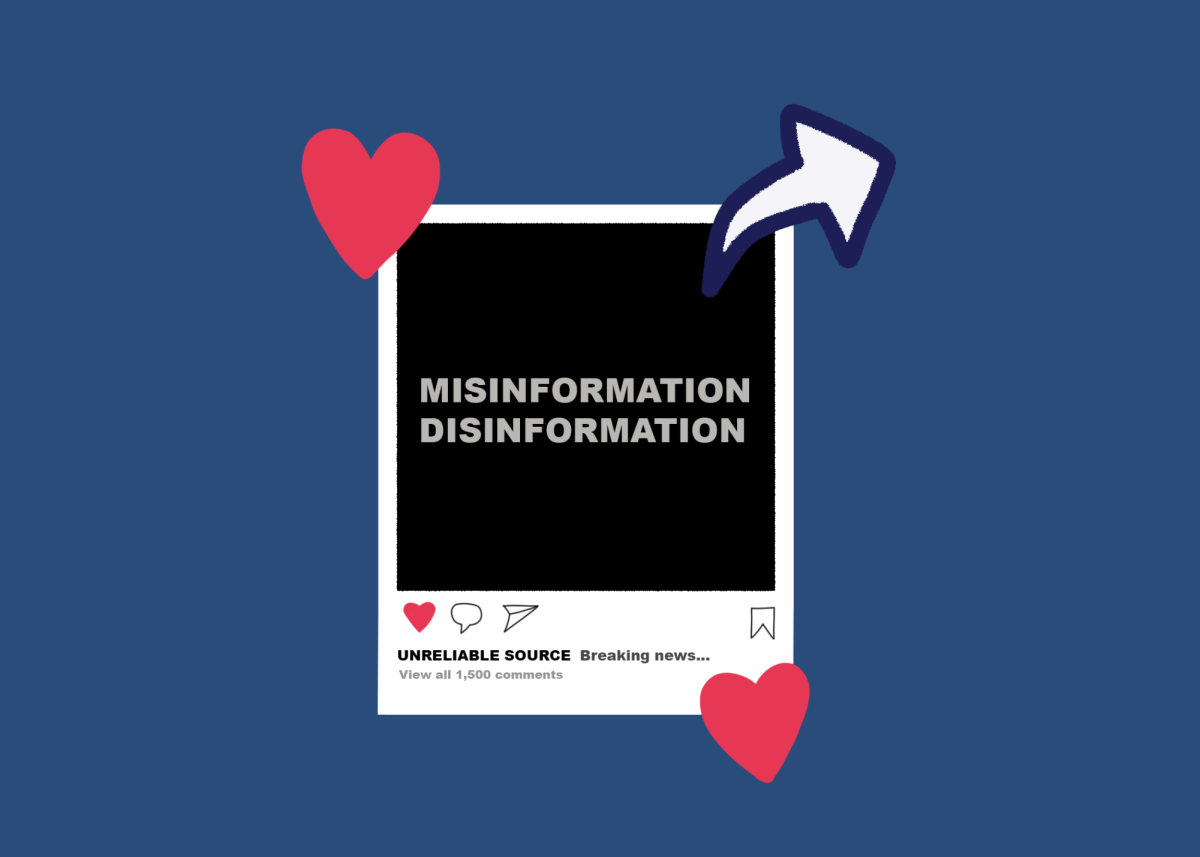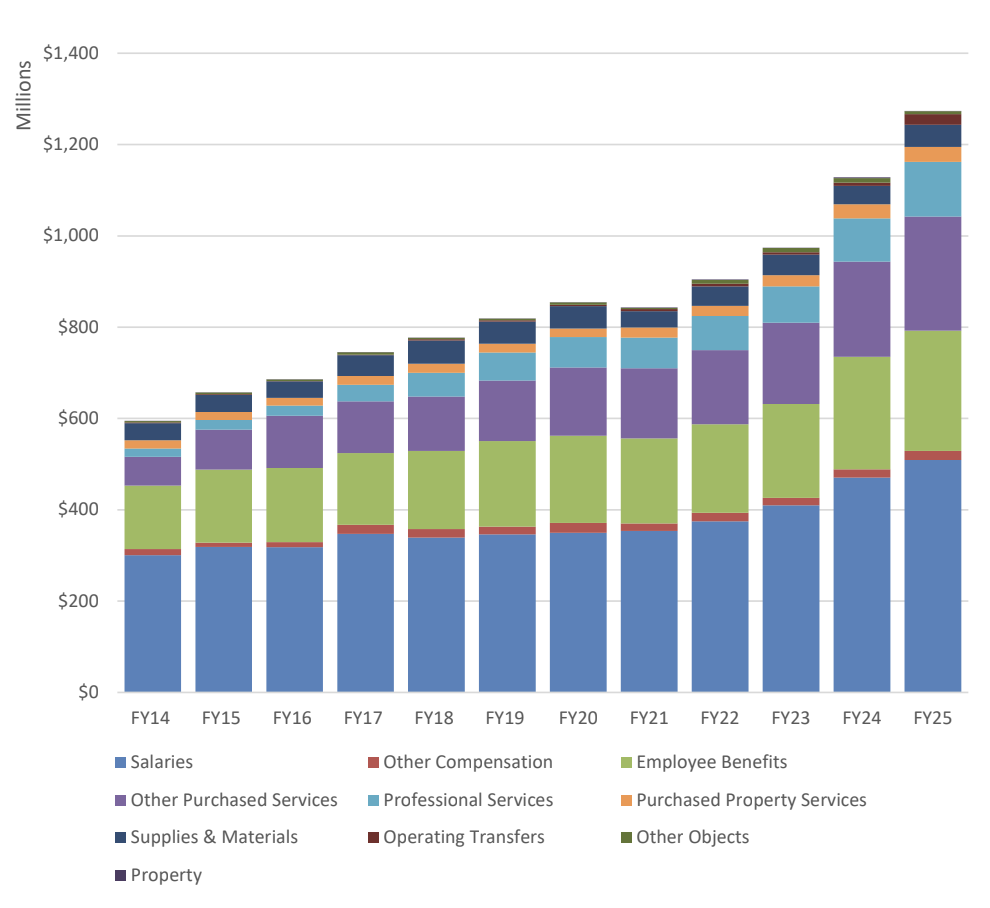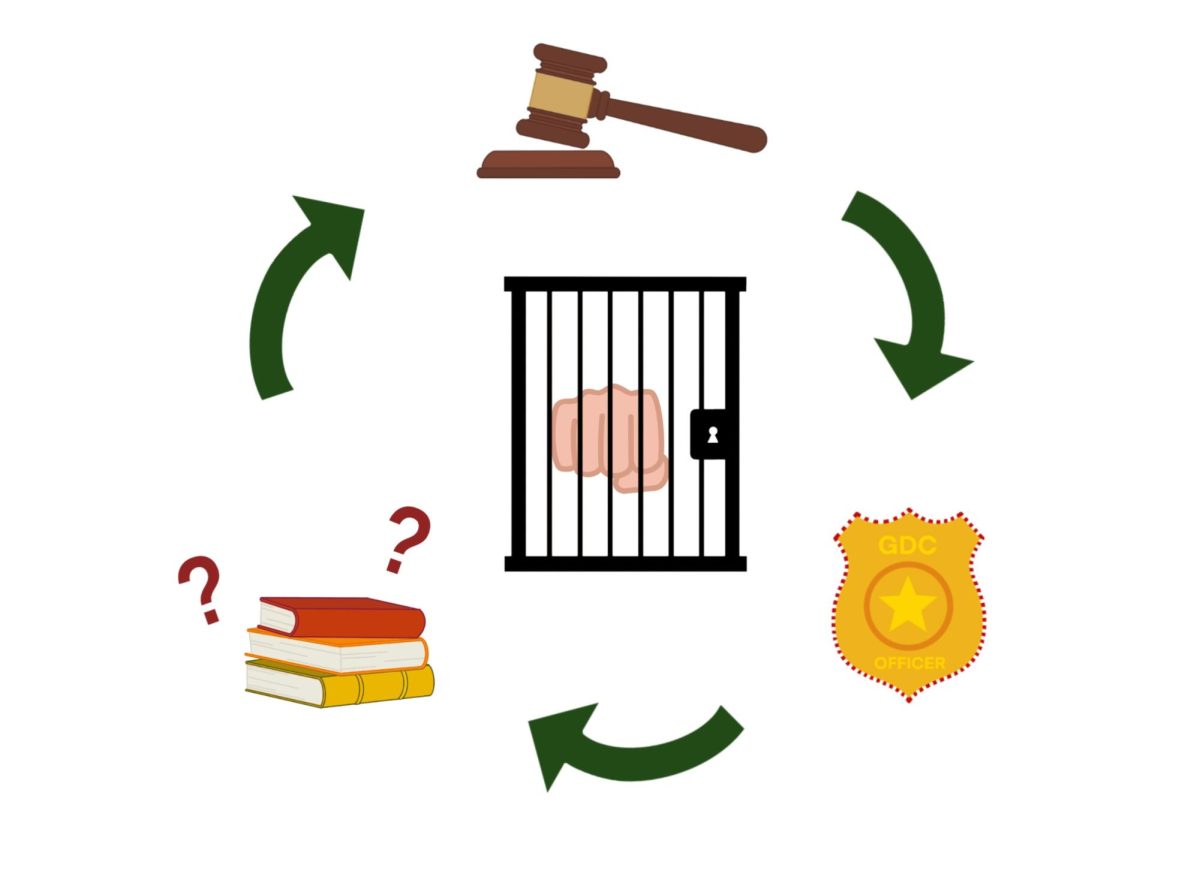Following the start of the Israel-Hamas war, a second war emerged online. Filled with infographics, unverified sources and fake photos, misinformation and disinformation spread like wildfire. Social media can be a powerful tool for spreading opinions and news, but it’s currently being misused by many people. More than ever, people must stop relying on social media for news.
As tension escalates, so do false claims. Throughout the conflict, people have been misrepresented, officials have been mistranslated and untrue or misleading statements have rapidly spread on both sides of the conflict.
Because teenagers are known to be large social media users, they especially need to remain vigilant online. According to a Pew Research report, 48% of those under the age of 30 get their political news from social media. Additionally, due to increased exposure to falsehoods and less news engagement, those who rely on social media tend to be less knowledgeable of political news, in general. Consequently, this makes them more susceptible to believing untrue or misleading news.
According to a study from the National Library of Medicine, those who engage in high amounts of reasoning, or analytical thinking, are less likely to believe in fake news. However, if people aren’t reading the news or engaging with reliable sources, they won’t have nearly enough reasoning to differentiate between real and fake information. Without even knowing, they become perfect targets for disinformation.
Disinformation — information that is purposely misleading or fake — often seeks to manipulate or polarize target audiences in order to threaten the U.S.’s critical infrastructure, programs, protocols and technology. According to the Cybersecurity and Infrastructure Security Agency, many tactics thrive on social media and create emotional responses that overpower critical thinking.
Highly upsetting conflicts, such as the Israeli-Hamas war, have become the perfect opportunity for these campaigns, and some students have already fallen victim to them. Instead of posting random quotes or infographics from sketchy sources, students need to think critically about these sources. Who made the post? Where’s the information from? Why was it made? To reduce the effects of fake news, questions must be asked when evaluating political information on social media.
Additionally, it’s important that not even photos or videos are trusted unless verified by a reliable source. Footage of an Israeli soldier being thrown to the ground circulated on X, formerly known as Twitter, and gained thousands of likes. However, during a fact check by the Associated Press, the footage was revealed to be from the trailer of Squad, a first-person shooter game. In other cases, images and videos have been taken out of context or tampered with.
Students may not see the harm of posting inaccurate or heavily biased sources, but doing so can have serious repercussions. The Jan. 6 Capitol Attack was fueled by misinformation and resulted in the deaths of five people and the injury of 138 more. A single post could cause a chain reaction that affects thousands of people.
The tension caused by the Israel-Hamas war has already skyrocketed and doesn’t need to be further escalated. This conflict serves as a continued reminder of the dangers of social media and the importance of traditional news publications. Instead of skimming political news on social media, students need to engage in actual news from respected publications.














